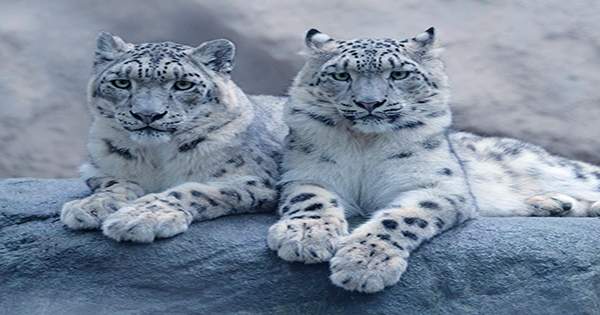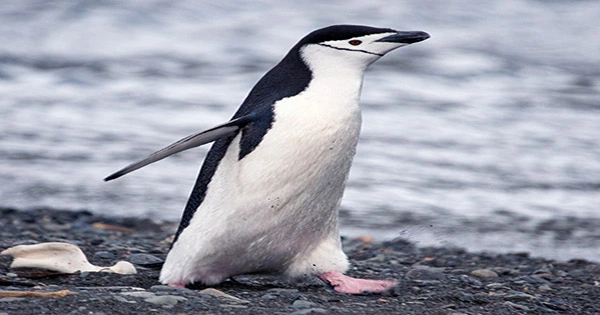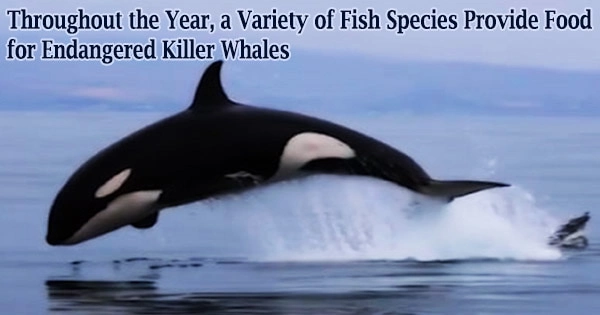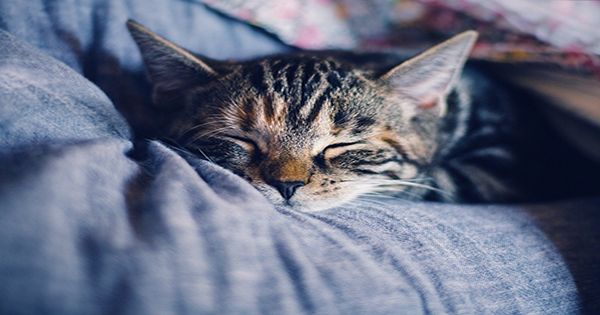The COVID-19 epidemic has claimed the lives of at least 5 million people, equating to more than 28 million wasted years of life, and as it spreads, we are learning more about how it affects other animals. Three snow leopards perished in the Lincoln Children’s Zoo in Nebraska because of COVID-19 problems. The loss is a tough pill to chew for both the keepers and snow leopards in general, since captive animals constitute a vital reserve population for the species, with just a few thousand estimated to be left in the wild.
The three leopards – Everest, Makalu, and Ranney – were originally tested positive for SARS-CoV-2 in October, and the employees who cared for them described them as “silly, lively, and gorgeous.” Some of the Sumatran tigers at the zoo tested positive as well. All are given steroids, antibiotics, and are expected to recover completely.
Unfortunately, the snow leopard trio experienced disease-related complications and perished as a result. “It is with great regret that we share the news that three snow leopards at the Lincoln Children’s Zoo have died as a result of COVID-19 complications,” the Lincoln Children’s Zoo posted on Facebook.
“Ranney, Everest, and Makalu, our leopards, were adored by our whole community both within and outside the zoo. This is a sad loss for all of us, and we are all grieving together.”
Since the beginning of the pandemic, the virus’s spread among non-human animals has been a source of concern, since it might allow for more changes, perhaps leading to strains that are even more lethal to people. Domestic pets, such as cats, have tested positive for the disease, however, it is assumed that they are more likely to catch COVID-19 from humans than we are from them at the time of writing.
The significance of COVID-19 in the future of endangered species is also unknown, since environmentalist’s fear that if an epidemic hits their doorstep, fragile and isolated populations may wipe off. Mountain gorillas are one such species, with just a few thousand individuals living in the wild, similar to snow leopards. With some politicians taking a “lions don’t wear masks” approach to the epidemic, the deaths of these three ferocious large animals are a timely reminder of the seriousness of COVID-19 and why we should all do our lot to stop it from spreading.
















